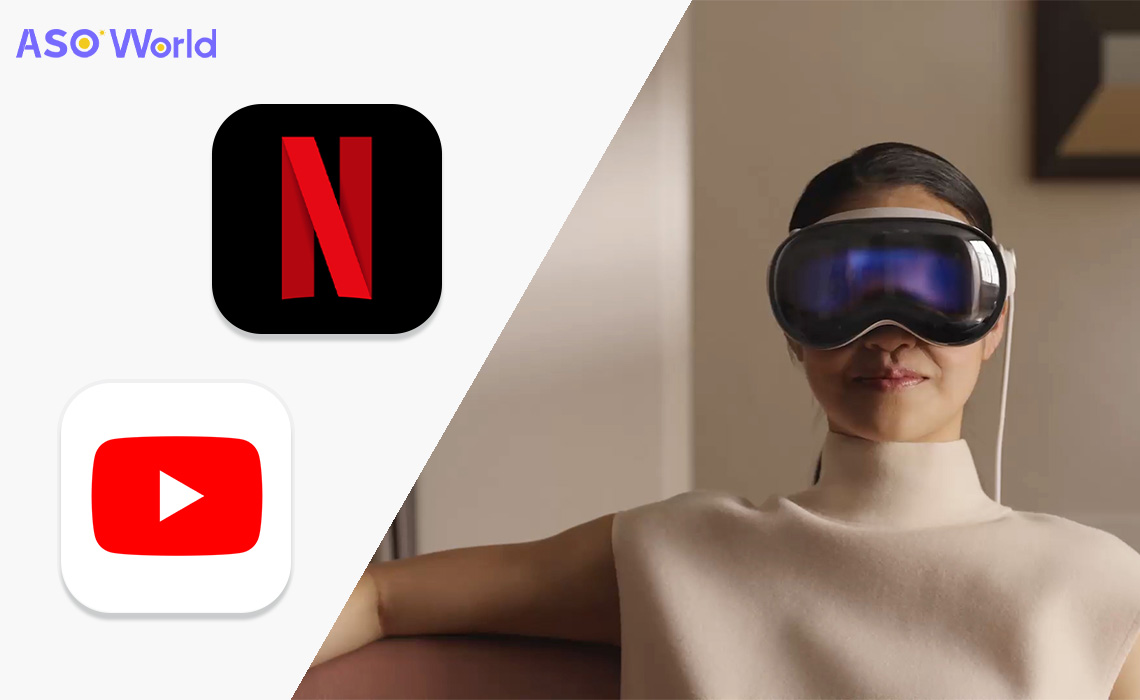Are you puzzled by the absence of YouTube and Netflix from the officially announced App Store lineup for Apple's Vision Pro?
You're not alone. In a move that echoes Netflix's recent decision, YouTube has also chosen not to develop an app for the new visionOS and has blocked its iPad app from being accessible on the platform.
A Deliberate Decision
The Stand of Streaming Giants
Both YouTube and Netflix have made it clear that they will not be providing native apps for Apple Vision Pro. Instead, they suggest users access their services through the web browser, a workaround that sidesteps the need for a dedicated visionOS app. This decision comes despite Apple's announcement that iPad and iPhone apps would be available "by default" on the visionOS App Store, leaving it up to developers to opt-out.
Possible Strategic Motives
Google, YouTube's parent company, hasn't provided a concrete reason for the decision. However, speculation arises as Google has immersive YouTube apps on other platforms like Meta Quest and ByteDance's Pico 4. It's possible that Google is waiting to launch a visionOS app later or may be focusing on the Samsung headset, for which it is reportedly developing the system software.
Alternatives and Competitors
A Diverse Streaming Landscape
Despite the absence of YouTube and Netflix, Apple's Vision Pro will not suffer from a lack of content. Major competitors such as Disney+, Max (formerly HBO Max), Amazon Prime Video, Discovery+, Paramount+, and Peacock are confirmed to be available at launch. Disney+ is even set to offer unique immersive environments for an enhanced viewing experience.
The Vision Pro Experience
Apple Vision Pro aims to revolutionize media consumption with options for watching content on a virtual giant screen, in a blend of real and virtual environments, or in complete virtual reality. At launch, the platform is expected to feature over 150 3D movies, in addition to a vast array of 2D streaming content.
User Comfort and Experience
Some early users have raised concerns about the weight of the Vision Pro, particularly with the default strap, which may affect the ability to wear the device comfortably for extended periods, such as during a full-length movie.
Editor's Comments
The strategic moves by YouTube and Netflix raise questions about the future of app development for new platforms like Apple's Vision Pro. With these major players holding back, it seems the streaming service landscape is bracing for a potential shift in how content is delivered and consumed in emerging virtual and augmented reality spaces.

